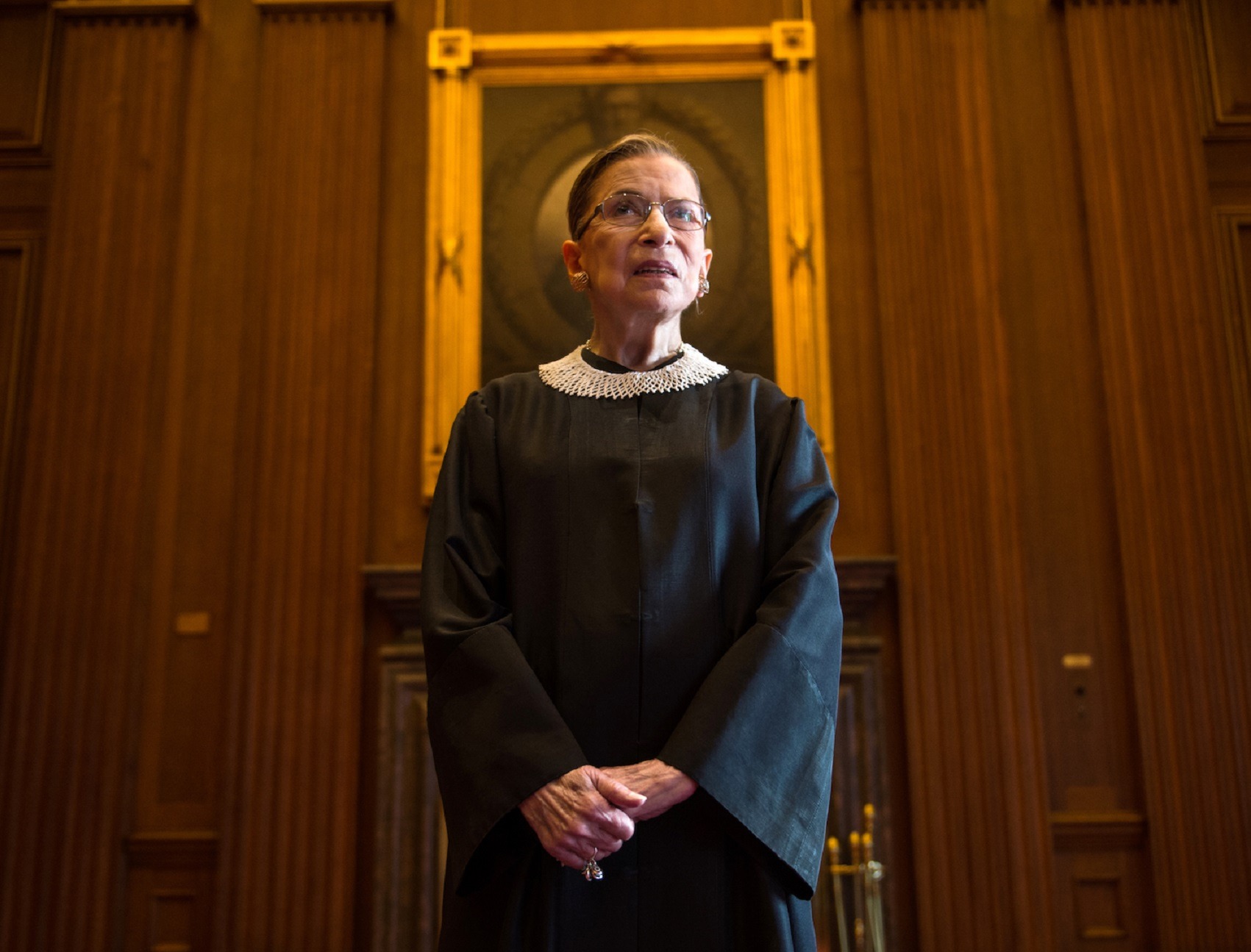There Are Too Many Prosecutors On the Bench. Take It From Me, a Prosecutor
Courts must not overrepresent the viewpoints of the most powerful at the expense of the communities they serve.

I’m a prosecutor. I have spent my career pursuing justice on behalf of the state and promoting public safety in my community. And as a prosecutor, I support the incoming Biden administration’s call for more federal judicial candidates with backgrounds as public defenders and civil rights attorneys.
For some law students, their criminal law class is the first time they see the profound injustices that take place at every level of the criminal legal system. They read cases rife with systemic racism, implicit bias, and classism. When those who went to law school to make the world better ask how they can do good in a system that is so bad, they are almost always told to become prosecutors. Alternatively, they set out to become public defenders then realize that prosecutors are the most powerful players in the criminal legal system. Prosecutors decide whether to bring charges, what charges to bring, and recommend what the punishment should be.
I was one of those students who went to law school to change the world. Originally determined to pursue a career as a public defender, I quickly identified the enormous power prosecutors hold to change the system. After serving as deputy state’s attorney for six years, I sought the position of Chittenden County State’s Attorney in Vermont on a platform to overhaul this system. In that role, I have spent the last four years working to address implicit bias in prosecution; promote alternatives to arrest, prosecution, and incarceration; address mental health and addiction as public health issues; and eliminate cash bail. Being a prosecutor gives me an opportunity to pursue justice and the safety of my community in ways that I could never do as a public defender.
But there is another reason law students and lawyers are told to become prosecutors: Judges are much more likely to have been prosecutors than public defenders and civil rights attorneys. For every public defender on the federal bench, there are a little more than four former prosecutors. The ratio is seven to one if you compare lawyers who represented the government versus lawyers who represented individuals fighting the government. At the Supreme Court level, Ruth Bader Ginsburg was the only recent justice who practiced solely as a civil rights attorney. Thurgood Marshall, who retired from the high bench nearly three decades ago, was the last justice with criminal defense experience.
As a progressive prosecutor, I know that not all prosecutors come with a tough-on-crime mentality. Justice Sonia Sotomayor, who has long been the most progressive member of the Supreme Court, spent the first five years of her law career as an assistant district attorney in Manhattan. But no number of prosecutors turned good judges will fix the fact that former prosecutors and the perspective they bring take up more of the bench.
The lack of professional diversity on the bench has ensured that our courts can disproportionately reflect the viewpoints of the most powerful institutions and individuals in our country. Prosecutors’ jobs often depend on maintaining good relationships with police which means that prosecutors who become judges bring that experience with them. The extent to which a prosecutor turned judge’s prior professional experience impacts their view of the law has grave implications for regulating law enforcement and holding police accountable for misconduct, including the near impossibility of suing police and prosecutors for civil rights violations under the judge-made doctrine of “qualified immunity.”
Public defenders and civil rights attorneys, by the nature of their professions, are required to consider the impact of the law on everyday people. Their jobs require them to understand the circumstances of marginalized groups and ensure that large institutions do not strip them of their most basic rights. They spend their careers representing these everyday people, hearing what led them to possibly engage in criminal behavior and hearing stories of being falsely accused. They also understand mitigating factors that have led to harm to the individual, their families, and their communities, often because of the government’s failure to meet their basic needs. They spend their careers attempting to convince the government that these individuals are also a part of their community and deserve to be treated with the same respect and dignity.
Given the clear imbalance on our federal judiciary, such a resume can serve as an indicator for desired qualities in judges that many public defenders possess. As Justice Sandra Day O’Connor wrote, reflecting on Justice Marshall’s impact on the court, “His was the ear of a counselor who understood the vulnerabilities of the accused and established safeguards for their protection. … At oral arguments and conference meetings, in opinions and dissents, Justice Marshall imparted not only his legal acumen but also his life experiences.”
A Biden administration should appoint more justices like Marshall and Ginsburg on the bench by committing to nominate more civil rights attorneys, public defenders, and lawyers with an innate understanding of how the deck has been stacked against marginalized people in our country.
Sarah Fair George is the state’s attorney in Chittenden County, Vermont.
